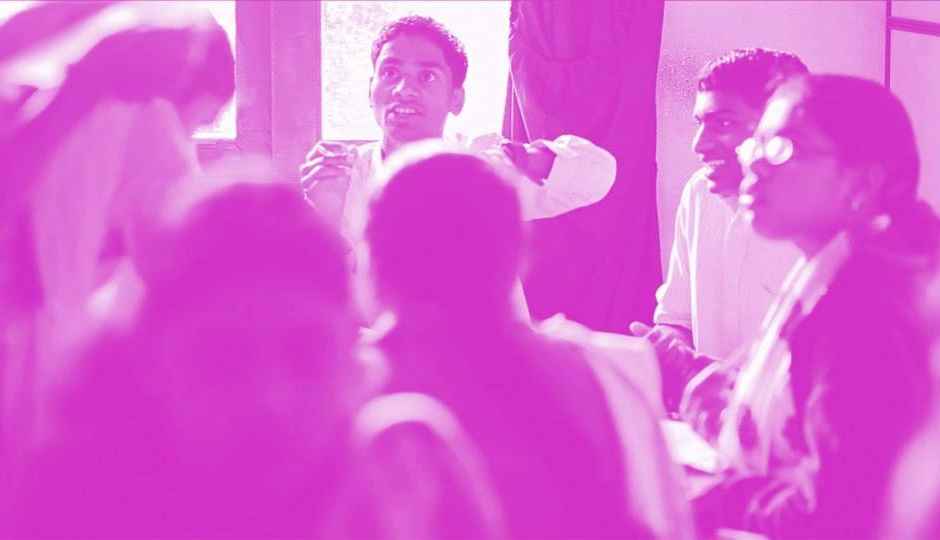Net Neutrality: Facebook tries to dispel myths around its Internet.org

Facebook makes it clear it does not pay telcos for data users consume and that its only extends marketing support.
Shortly after Facebook announced opening its Internet.org to developers, the social networking websites explained how its platform wasn't breaching Net Neutrality rules. The company has issued a detailed note titled – 'Internet.org: Myths and Facts'. Here's the full note :
Internet.org doesn’t help people connect to the internet.
In less than a year, Internet.org has brought more than 7 million people online. People now have access to basic internet services including tools and resources for communication, health, education and local news.
Internet.org is an exclusive program available to only one operator per country.
Internet.org is non‐exclusive and is open to any operator who wants to participate.
Facebook pays operators to zero rate the services within Internet.org.
Facebook does not pay operators for the data that people consume. We partner with operators on the technical side and provide marketing support to help make people aware of the program. If successful, people using the Internet for the first time will begin to experience its benefits and over time will start exploring and paying to use the broader internet.
Facebook wants to keep people within a “walled garden” of free content.
Internet.org is successful only if the newly connected reach the broader Internet. Operators can’t afford to invest in improving their infrastructure if new users never pay for data. This week, Facebook launched the Internet.org Platform, which helps more developers to include their services in Internet.org and gives people greater choice over the services that they want to use.
Many people think that Facebook is the entire internet, and Facebook is trying to use Internet.org reinforce that impression.
Internet.org introduces people to the value of the entire internet through a set of free basic services. If Facebook just provided a fixed amount of free internet, then people would likely use it to browse a small number of global sites. Giving people a list that features a broader set of services is important for helping people experience the value of other online services, like women’s health information and education services.
Facebook has launched Internet.org to help drive its own growth and revenue opportunities within developing countries.
There are no ads within the Facebook experience on Internet.org. If revenue were the goal, Facebook would have focused resources on markets where online advertising is already thriving.
Facebook is picking winners by independently selecting the services included in Internet.org
In the nine countries where Internet.org has launched, Facebook has worked closely with operators, developers and entrepreneurs to find the right set of local services for each country. Because these services have to be specially built to localized specifications, Facebook started by offering just a few services in each country.
Are you convinced by Facebook? Do you still think Facebook is breaching Net Neutrality with its Internet.org initiative? Let us know your views in the comments section below. Meanwhile also read: Why Net Equality is more important than Net Neutrality and So, what's the deal with net neutrality?
Today, we're taking the next step with Internet.org by enabling anyone to build free basic internet services to help connect the world. We'll make faster progress towards connecting everyone if we all work together and give people even greater choice of services.Giving people these free services is the right thing to do. I support net neutrality because, at its core, it's about preventing discrimination. Net neutrality means we can use the services we want, and innovators can build the services we need.Connecting everyone is about preventing discrimination too. More than 4 billion people don't have access to the internet and the opportunities it brings. If we connect them, we'll lift hundreds of millions of people out of poverty.If we want everyone to share the opportunities we have, then it's our responsibility to bring everyone online in a way that respects an inclusive net neutrality.Here's a clip from a video message I recorded about this update. I'll post the whole video and share more details about this later today.
Posted by Mark Zuckerberg on Monday, May 4, 2015




